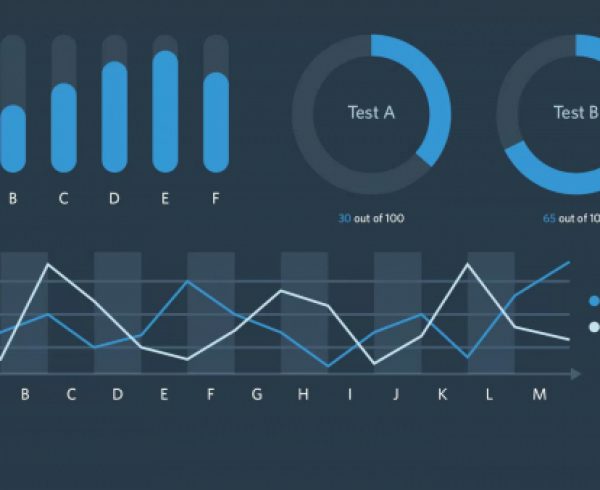Introduction
The advent of self-service data analytics has transformed the business landscape, as organizations can now harness the power of advanced analytics without needing a team of data scientists. This has led to a new era of data-driven decision-making, as businesses can now use data to make better decisions about their products, services, and operations.
Self-service data analytics is made possible by advances in artificial intelligence and smart data analytics. These technologies enable businesses to automatically collect, clean, and analyze data, meaning that businesses of all sizes can now make use of data to improve their decision-making.
In this article, we will explore how self-service data analytics is transforming businesses, and how you can make use of it in your business.
What is self-service data analytics?
Self-service data analytics is a type of data analytics that enables businesses to automatically collect, clean, and analyze data without needing a team of data scientists. This is made possible by advances in artificial intelligence and smart data analytics.
Self-service data analytics enables businesses to make better use of their data, as they can now automatically collect, clean, and analyze data. This means that businesses can now make better decisions about their products, services, and operations.
The benefits of self-service data analytics
Self-service data analytics offers a number of benefits for businesses, including:
- Improved decision making: Self-service data analytics enables businesses to make better use of their data, as they can now automatically collect, clean, and analyze data. This means that businesses can now make better decisions about their products, services, and operations.
- Reduced costs: Self-service data analytics can help businesses save money by reducing the need for data scientists and analysts.
- Faster decision making: Self-service data analytics can help businesses make decisions faster by reducing the time it takes to collect, clean, and analyze data.
- Increased agility: Self-service data analytics can help businesses be more agile as they can quickly collect, clean, and analyze data. This means that businesses can quickly adapt to changes in the market or correct errors in their decision making.
- Improved customer experience: Self-service data analytics can help businesses improve their customer experience by providing them with better tools for understanding their customers’ needs and wants.
How businesses are using self-service data analytics
Businesses are using self-service data analytics to improve their decision making in a number of ways, including:
- Improving customer segmentation: Businesses are using self-service data analytics to improve their customer segmentation by understanding their customers’ needs and wants. This helps businesses customize their marketing and sales efforts to better target their customers.
- Optimizing marketing campaigns: Businesses are using self-service data analytics to optimize their marketing campaigns by understanding which marketing channels are most effective at reaching their target customers.
- Improving customer service: Businesses are using self-service data analytics to improve their customer service by understanding how their customers interact with their product or service. This helps businesses identify areas where they can improve their customer experience.
- Predicting future trends: Businesses are using self-service data analytics to predict future trends by understanding past trends and patterns in customer behavior. This helps businesses prepare for future changes in the market or in their industry.
- Detecting fraud: Businesses are using self-service data analytics to detect fraud by understanding patterns in customer behavior that may indicate fraud. This helps businesses protect themselves from financial losses due to fraud.
- Improving operations: Businesses are using self-service data analytics to improve their operations by understanding how their products or services are being used. This helps businesses identify areas where they can improve their efficiency or quality control.














